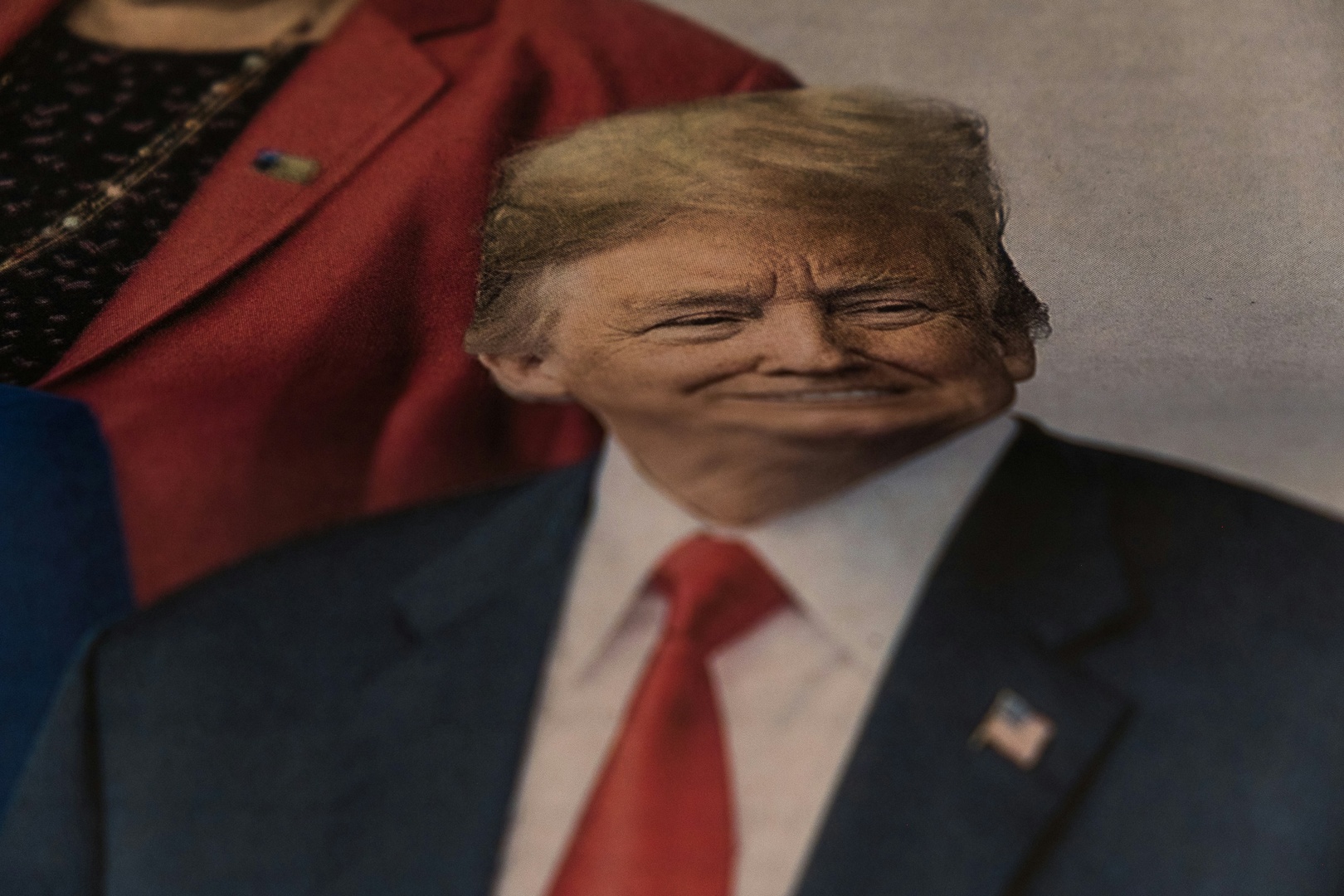## Introduction
The recent announcement of a policy reversal regarding AI chip export controls by the Trump administration marks a pivotal moment in the global technology landscape. This shift signals a departure from the Biden administration’s intricate three-tier regulatory framework, which was designed to govern the distribution of advanced computing technologies. Set to take effect on May 15, 2025, Biden’s Framework for Artificial Intelligence Diffusion aimed to create a structured global technology environment with far-reaching implications for international trade and innovation. However, the Trump administration has deemed this approach overly complex and detrimental to American innovation, promising a simpler regulatory regime to ensure the United States maintains its dominance in AI technology.
## Understanding the Three-Tier System
To grasp the significance of this policy shift, it’s crucial to understand the Biden administration’s proposed three-tier system. Under this framework, 17 allied nations, including Taiwan, would have enjoyed unrestricted access to advanced AI chips, a benefit designed to strengthen partnerships among technologically aligned countries. In contrast, a second tier encompassing approximately 120 nations would have faced strict numerical caps on their chip imports, while the third tier, comprising nations like China, Russia, Iran, and North Korea, would have been entirely barred from accessing these technologies. This carefully stratified approach aimed to prevent sensitive technologies from reaching adversarial nations through third-party intermediaries while ensuring that allies still had ample access. Critics, however, raised concerns about the compliance burdens this system would impose on international partners and the potential for pushing them toward alternative suppliers.
## The New Approach Taking Shape
In stark contrast to the tiered approach, sources have indicated that the Trump administration is contemplating a global licensing regime supported by inter-governmental agreements. This new framework is anticipated to offer greater flexibility and maintain necessary controls over sensitive technology. The announcement’s timing is particularly noteworthy, coinciding with President Trump’s planned trip to the Middle East, where nations like Saudi Arabia and the UAE have expressed frustration over their restricted access to AI chips. As per reports, the Commerce Department might unveil the new policy as soon as Thursday, reflecting a strategic move to bolster ties with these key regional players.
## Market Reaction and Industry Impact
The financial markets have already begun to react to the anticipated policy reversal. Shares of Nvidia, the leading manufacturer of chips essential for training AI models, surged by 3% on May 7 following the announcement, although they experienced a slight dip in after-hours trading. Nvidia’s CEO, Jensen Huang, has long advocated for unrestricted sales into China, forecasting a burgeoning $50 billion market for AI chips there in the coming years. However, it’s essential to recognize that the impending policy changes do not imply a wholesale abandonment of export controls. The Trump administration has already taken decisive measures against China, evidenced by its ban on Nvidia’s H20 chip sales to the country, which resulted in a staggering $5.5 billion in writedowns for the company.
## Global Winners and Losers
The impending policy shift creates a complex landscape of potential winners and losers in the global tech arena. Countries like India and Malaysia, which previously faced chip restrictions under the Biden rules, are poised for temporary relief. For instance, Malaysia’s Oracle Corporation plans a massive data center expansion that would have been curtailed by Biden’s limits. Moreover, Middle Eastern nations like the UAE and Saudi Arabia, having faced restrictions since 2023, may find themselves in a more favorable negotiating position. Trump’s interest in easing restrictions for the UAE could pave the way for a government-to-government AI chip agreement during his upcoming visit to the region. The UAE’s aggressive pursuit of such an agreement, supported by its commitment to invest up to $1.4 trillion in US technology and infrastructure over the next decade, underscores the high stakes involved for nations eager to assert themselves as AI powerhouses.
## Uncertainty Ahead
As reported by Axios, the Trump administration is currently formulating a new control scheme, which could materialize as either a new rule or an executive order. This transition period introduces significant uncertainty for companies like Nvidia regarding the regulatory environment they will navigate in the coming months. While the new framework is under development, the administration has indicated that it will continue enforcing existing export controls. There is speculation that part of the new approach may involve imposing specific controls on countries that have diverted chips to China, including Malaysia and Thailand, highlighting the ongoing complexities of international trade in advanced technology.
## Balancing Competing Priorities
The Biden administration’s export controls sought to restrict access to chips critical for cutting-edge AI development, with particular emphasis on preventing Chinese firms from circumventing restrictions through indirect channels. Crafting a balanced approach that addresses national security concerns while fostering US commercial interests presents a formidable challenge. Establishing agreements with a diverse array of countries eager to acquire advanced AI chips necessitates navigating intricate diplomatic relationships and potentially crafting numerous distinct policy frameworks. The Commerce Department has yet to provide a concrete timeline for finalizing or implementing any new rules, indicating that discussions on the optimal path forward are ongoing.
## Conclusion
The shift in the Trump administration’s AI chip policy reflects a broader emphasis on American competitiveness and innovation, while still maintaining oversight over technologies with national security implications. As officials endeavor to design a replacement framework, the global AI chip market remains in a state of flux, carrying profound implications for technological advancement, international diplomacy, and corporate strategies in the rapidly evolving landscape of artificial intelligence.
## Summary
The Trump administration’s recent announcement to reverse the Biden administration’s AI chip export controls signals a significant shift in the global technology landscape. The proposed changes are set to replace a complex three-tier regulatory framework with a more flexible global licensing regime, aimed at fostering innovation while maintaining national security. The Biden administration’s original plan intended to create a structured environment for AI chip distribution, with designated access levels for allied nations, limited access for others, and a complete ban for adversarial countries. Critics argued that this approach would create compliance burdens and push international partners towards alternative suppliers.
As the Trump administration prepares to unveil its new policy shortly, there are already observable market reactions, particularly from leading chip manufacturers like Nvidia, which have faced considerable challenges under existing restrictions. Countries such as India and Malaysia stand to benefit from the anticipated easing of restrictions, while Middle Eastern nations are likely to gain more favorable terms for AI chip acquisitions. However, uncertainty looms as the Trump administration formulates its new regulatory framework, emphasizing the delicate balance between national security and commercial interests.
In the coming months, as the global AI chip market evolves, stakeholders must navigate complex diplomatic relationships and varying regulatory landscapes. The implications of these developments will extend beyond the semiconductor industry, influencing international relations, corporate strategies, and the future trajectory of technological innovation worldwide.

